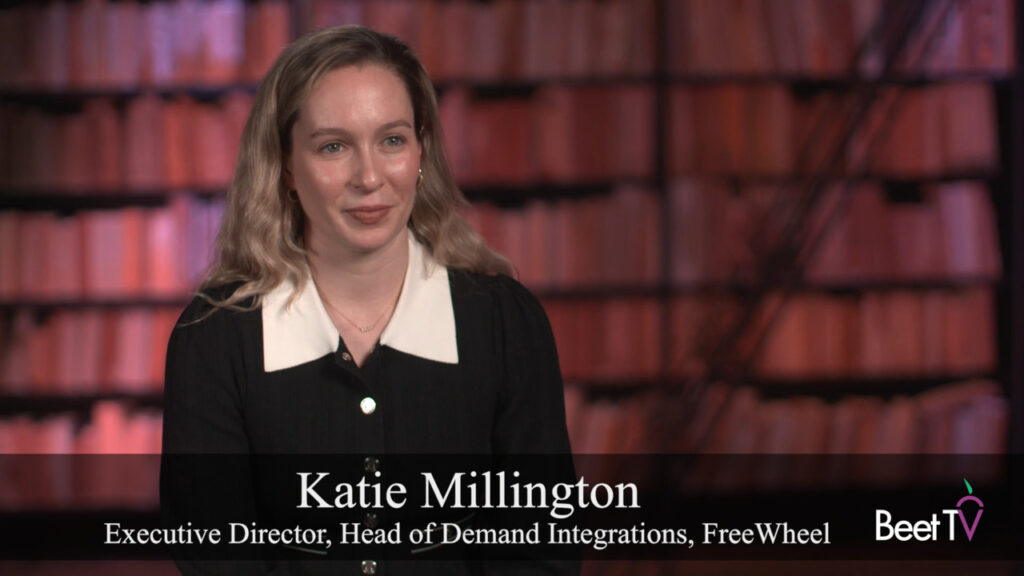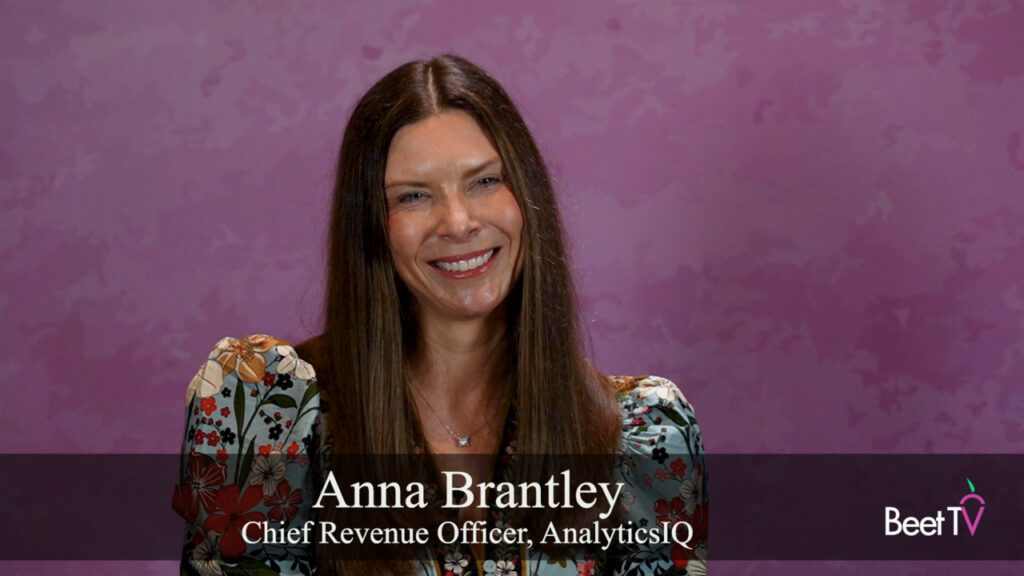Europeans and companies that hold data about them woke up in a new world this morning. May 25 was the final deadline for compliance with the new GDPR.
For ad-tech and marketing, GDPR seems to represent a threat to many of the advanced targeting techniques that have grown exploded in the last five years, many of which have involved piecing together consumer identities from disparate sources.
Now all operators are going to require consumers’ explicit consent for data collection and processing. Citizens can even opt out of algorithmic decisioning that uses their personal data.
But, whilst that may sound like Apocalypse Now to ad-tech, the most popular opinion on the ad-tech cat-walk this season is optimism. Because, as much of a challenge as GDPR seems to present in the here and now, it may also lead to a big cleaning-up of the way companies use user data.
Whilst many companies found that their mailing list was decimated overnight, a new emphasis on engaging only consumers who want to be engaged with should necessarily mean a higher conversion from those who remain.
That’s the theory, and it’s one that seems to be supported by the chief revenue officer of one advertising marketplace, Index Exchange‘s Alex Gardner.
“To say that we live in extraordinary times right now in the industry would be to put it mildly,” he tells Beet.TV in this video interview. “I’ve never seen something as meaningful as what’s currently underway.”
In truth, Gardner says GDPR is just one part of a wider trend – the awakening of consumer and policymaker concern over the use of citizens’ data – that extends to Facebook’s Cambridge Analytica scandal, the flight to ad quality and more.
He acknowledges these trends may involve headaches and costs for marketers – but Gardner also sees benefits.
“It’s forced a lot of us in the space to think differently,” he adds. “I don’t think there’s ever been a better time in the industry than right now. I think what’s happening is going to force change that is long overdue.
“We saw that to some degree with Ads.txt, and I think the industry had a really great response to that. It happened quickly, and I think a demonstrated our ability collectively as an industry to be able to force change and to make it happen quickly and happen in a meaningful way.”
GDPR itself may be a European measure, but it applies to any global company using data about European citizens, at risk of a fine of up to 4% of turnover. Gardner sees a similar measure being adopted across the Atlantic.
“We’d be foolish to assume that it’s isolated,” he says. “I think we’re going to see (it) in the US – at the state level, most likely. In Canada, where I am, there’s a lot of discussions around it.
“The net result of this, I think is going to be a healthier ecosystem.”
This video was recorded at the annual DMS conference presented by LUMA Partners.
This video is part of a series titled The Consumer First, a New Era in Digital Media presented by MediaMath. For more from the series, please visit this page.







































